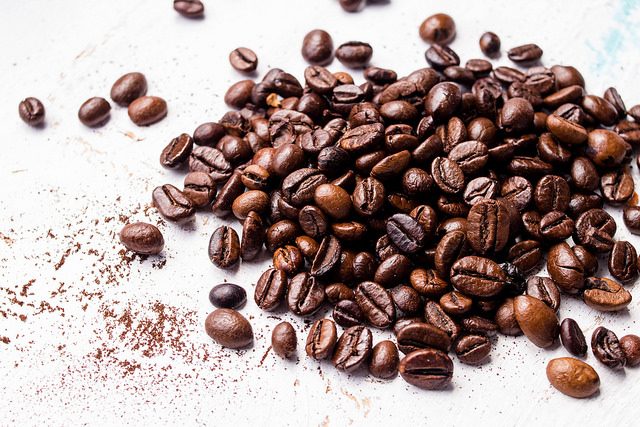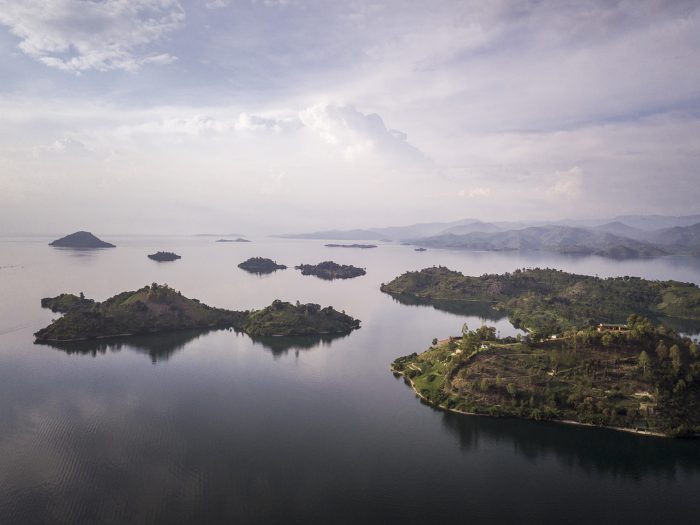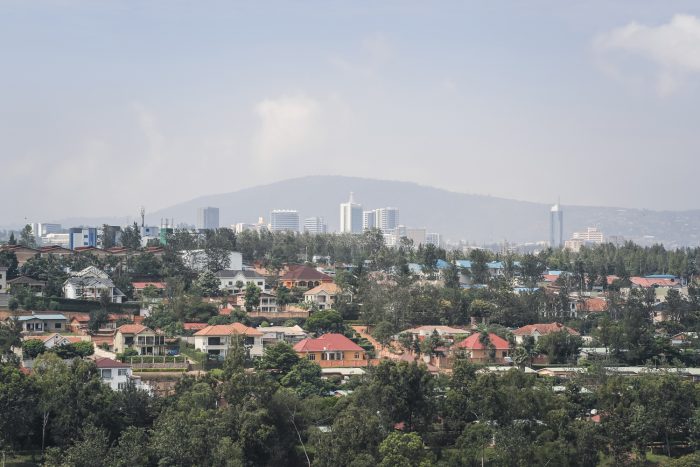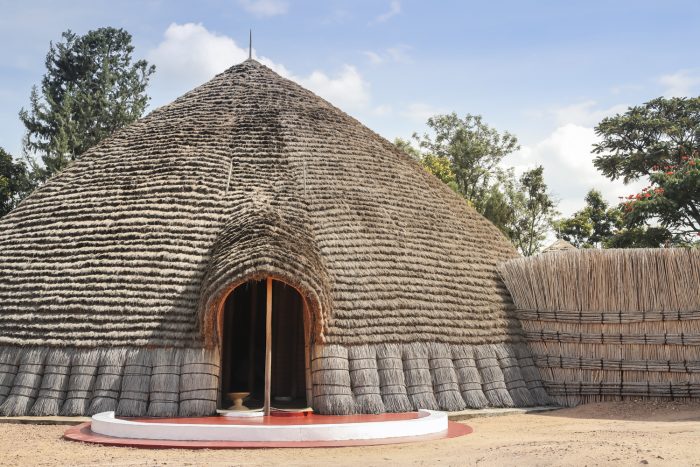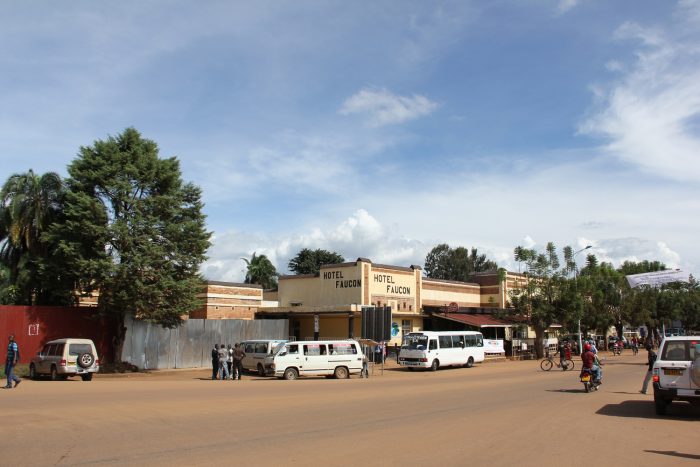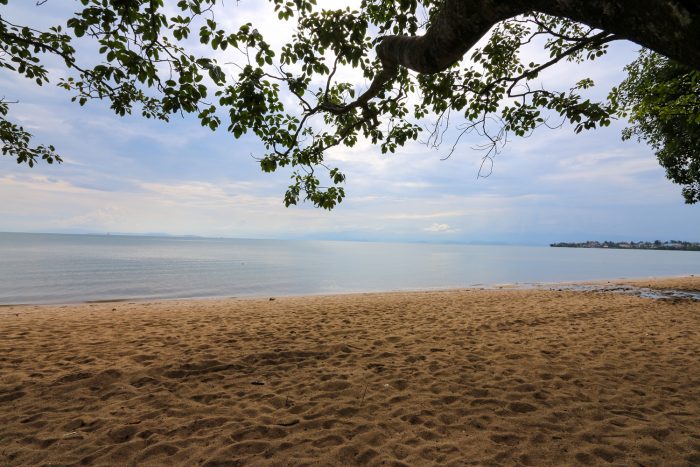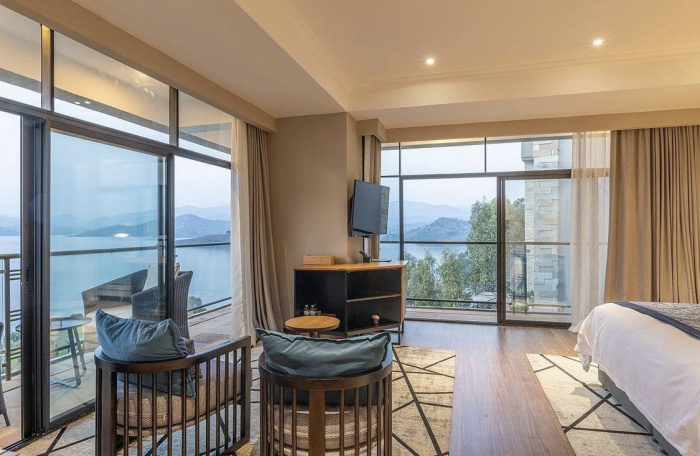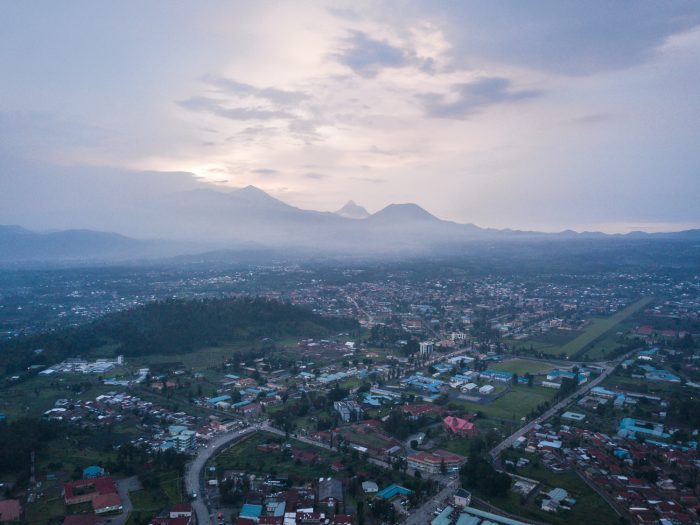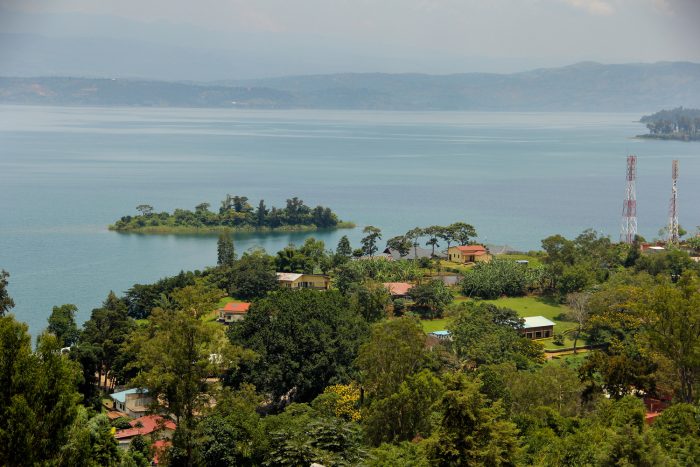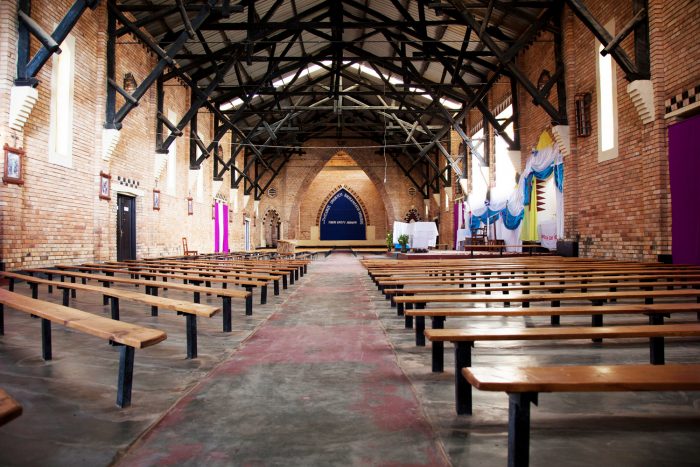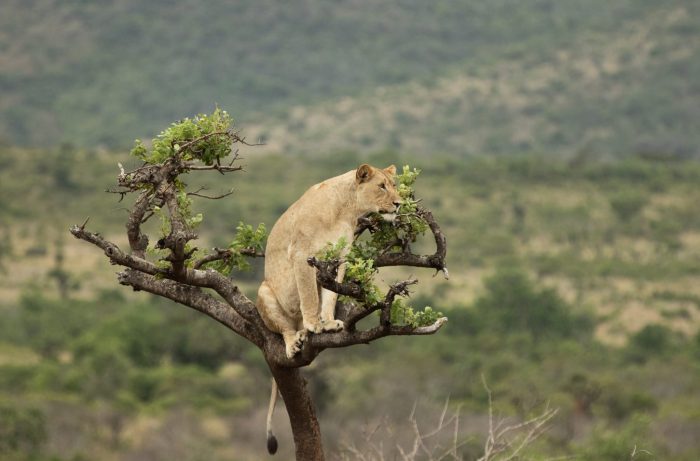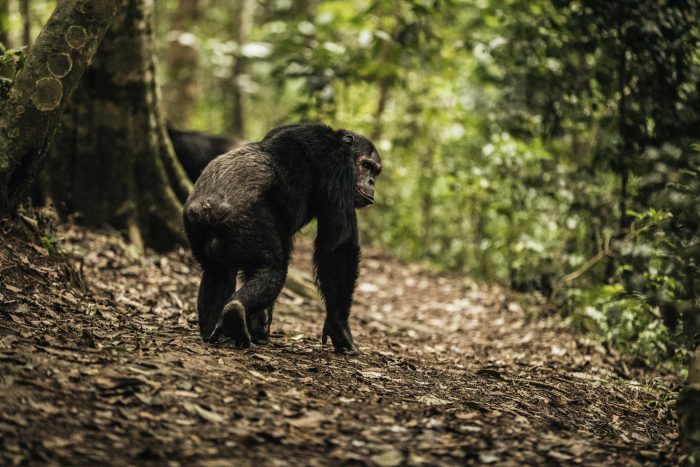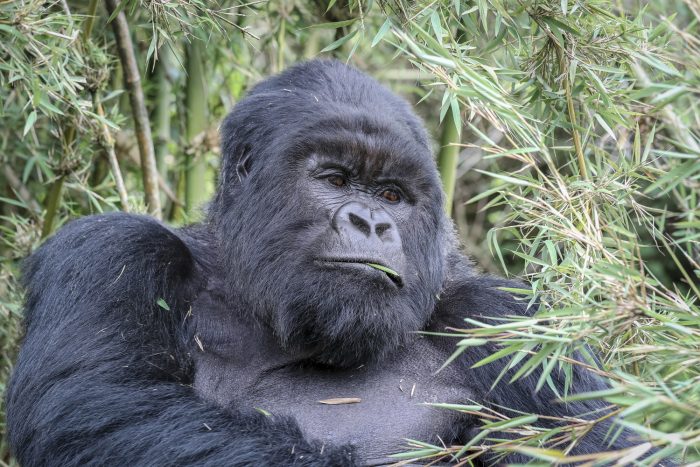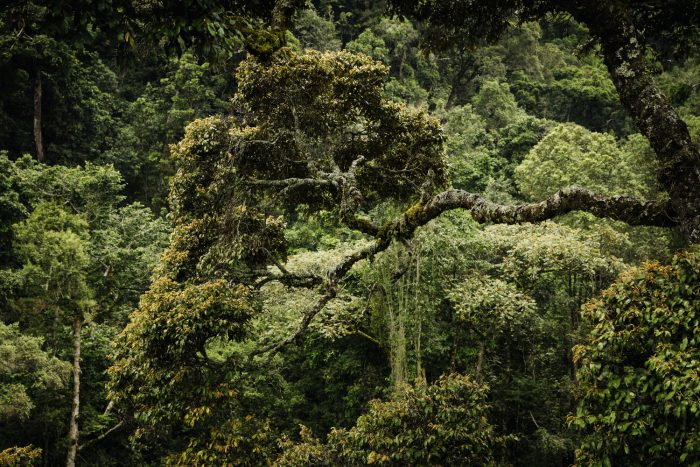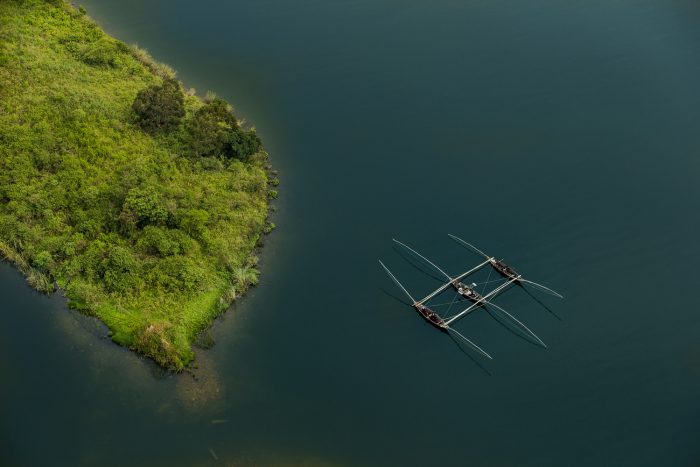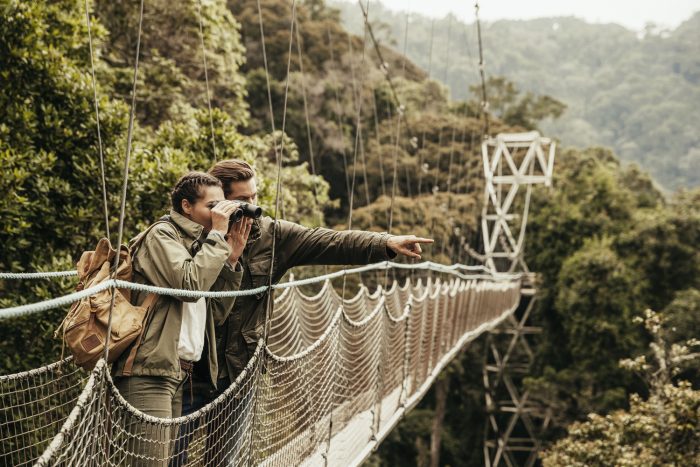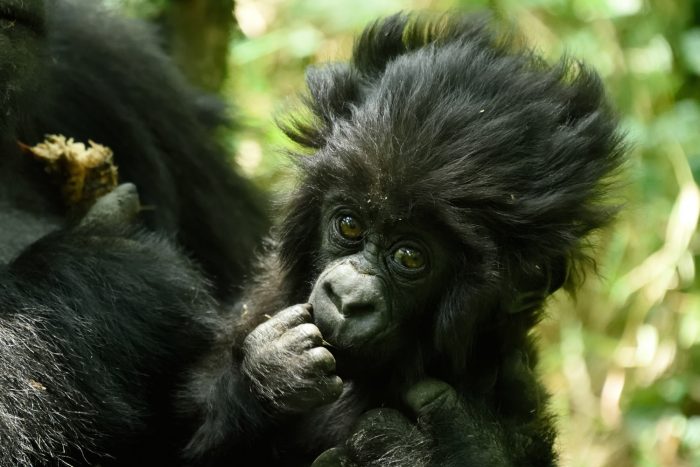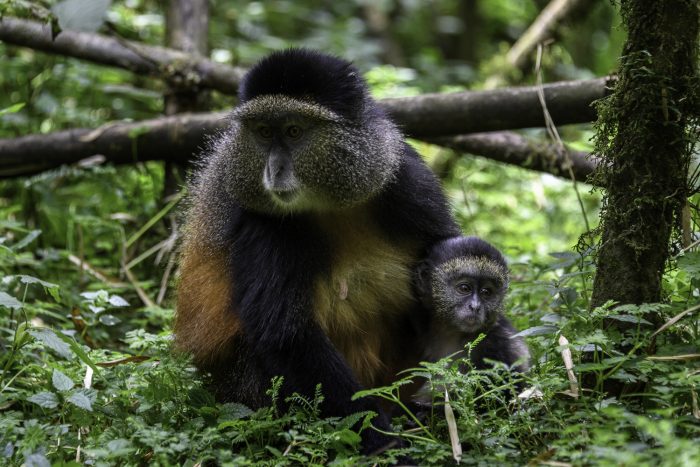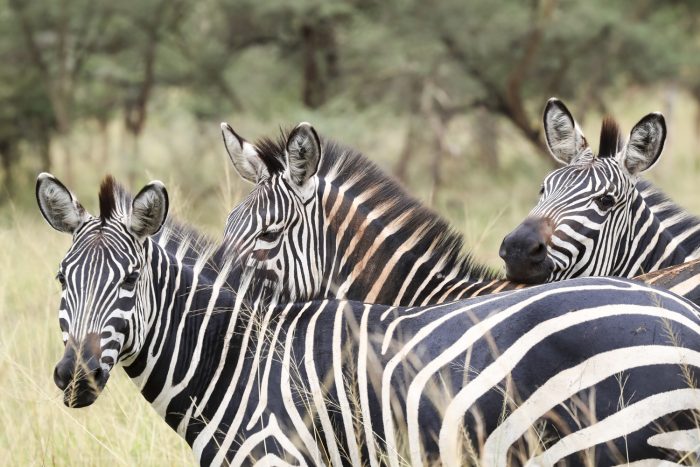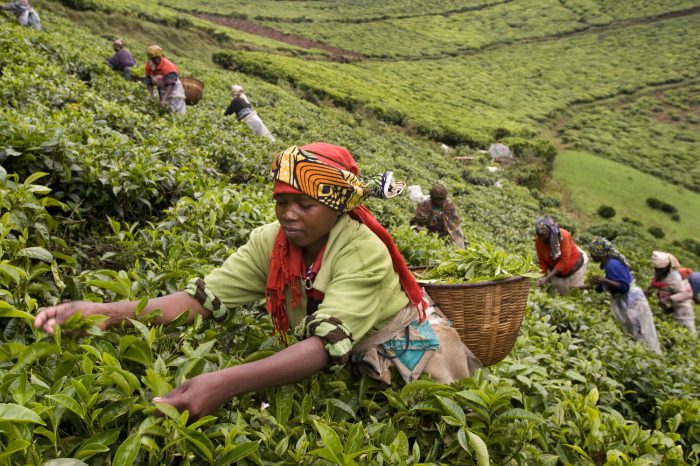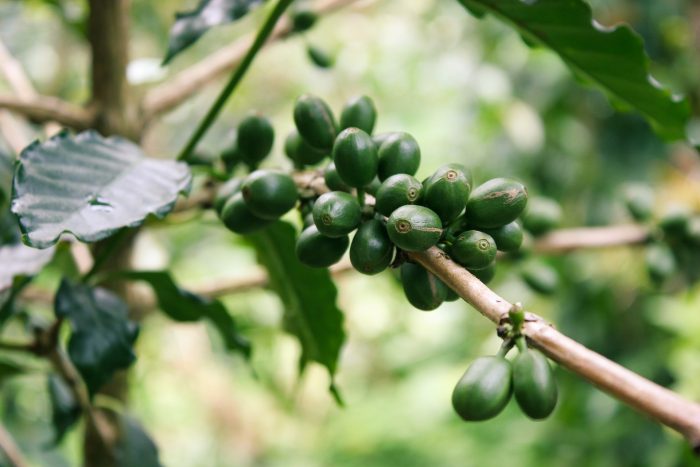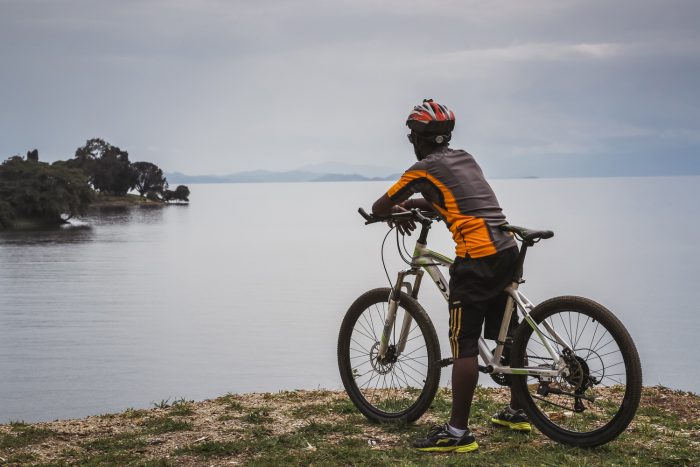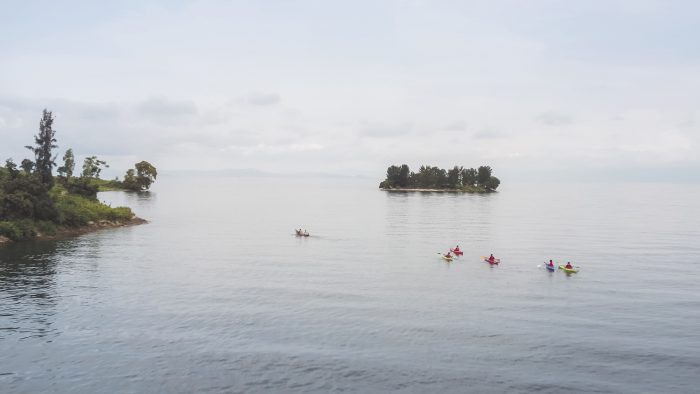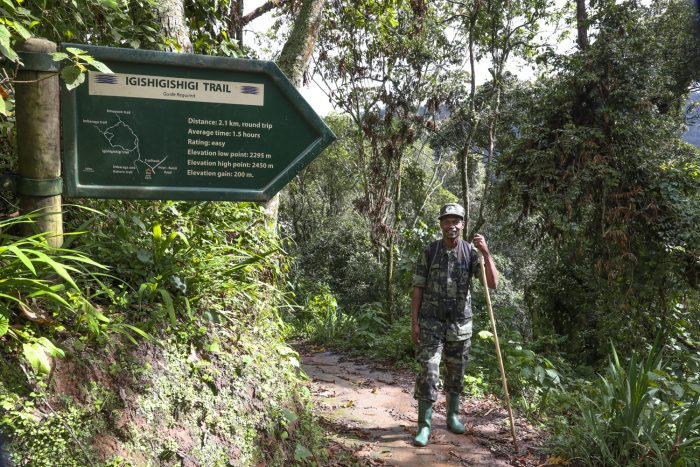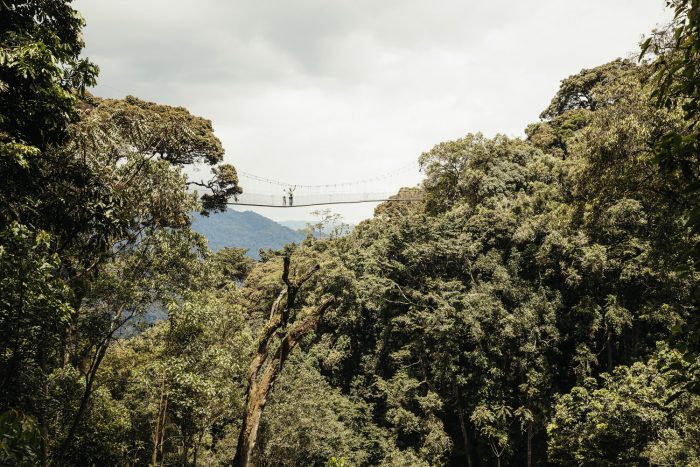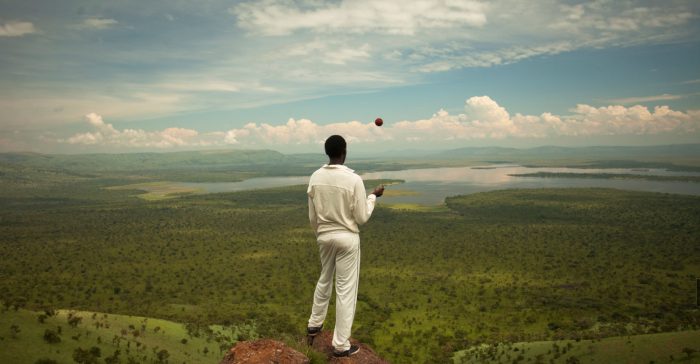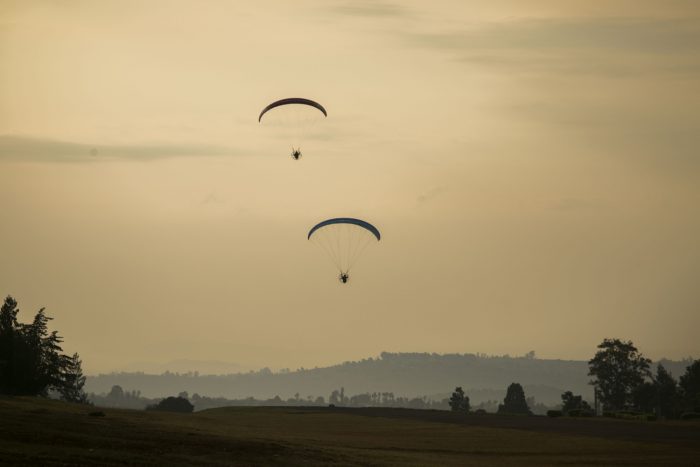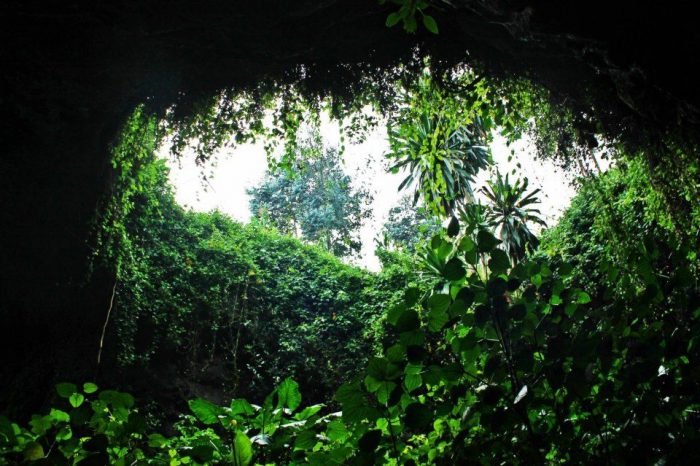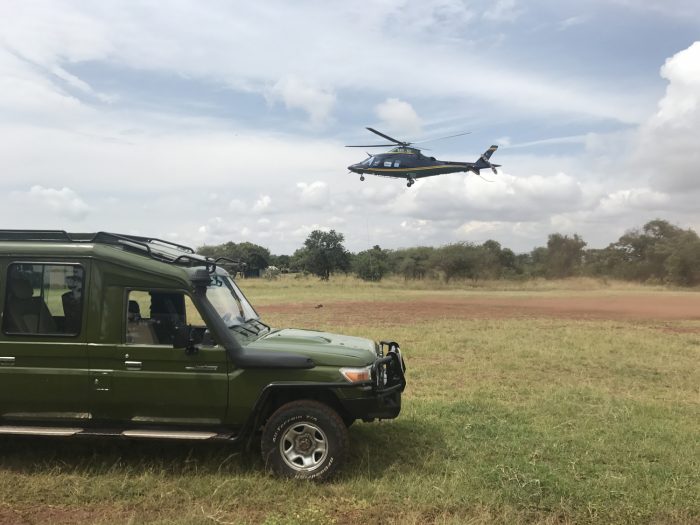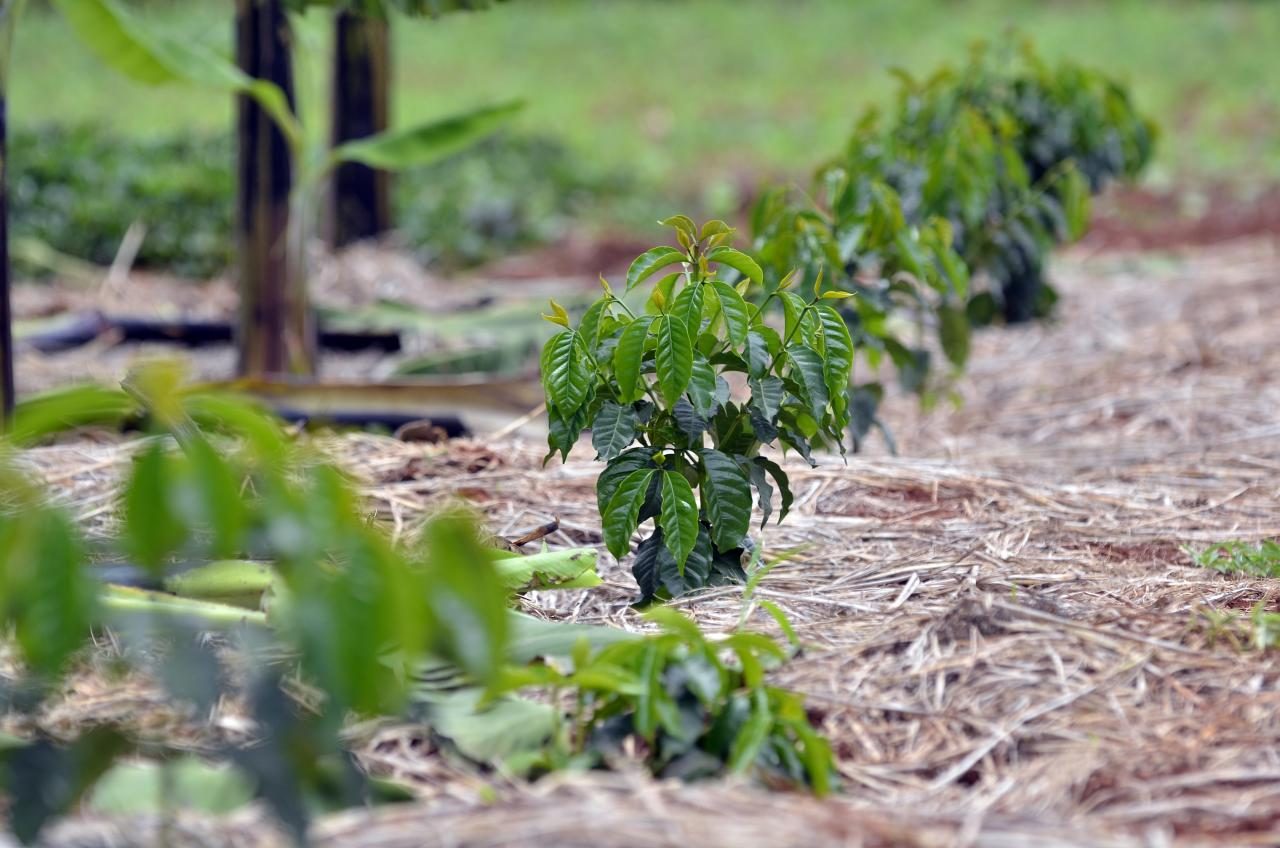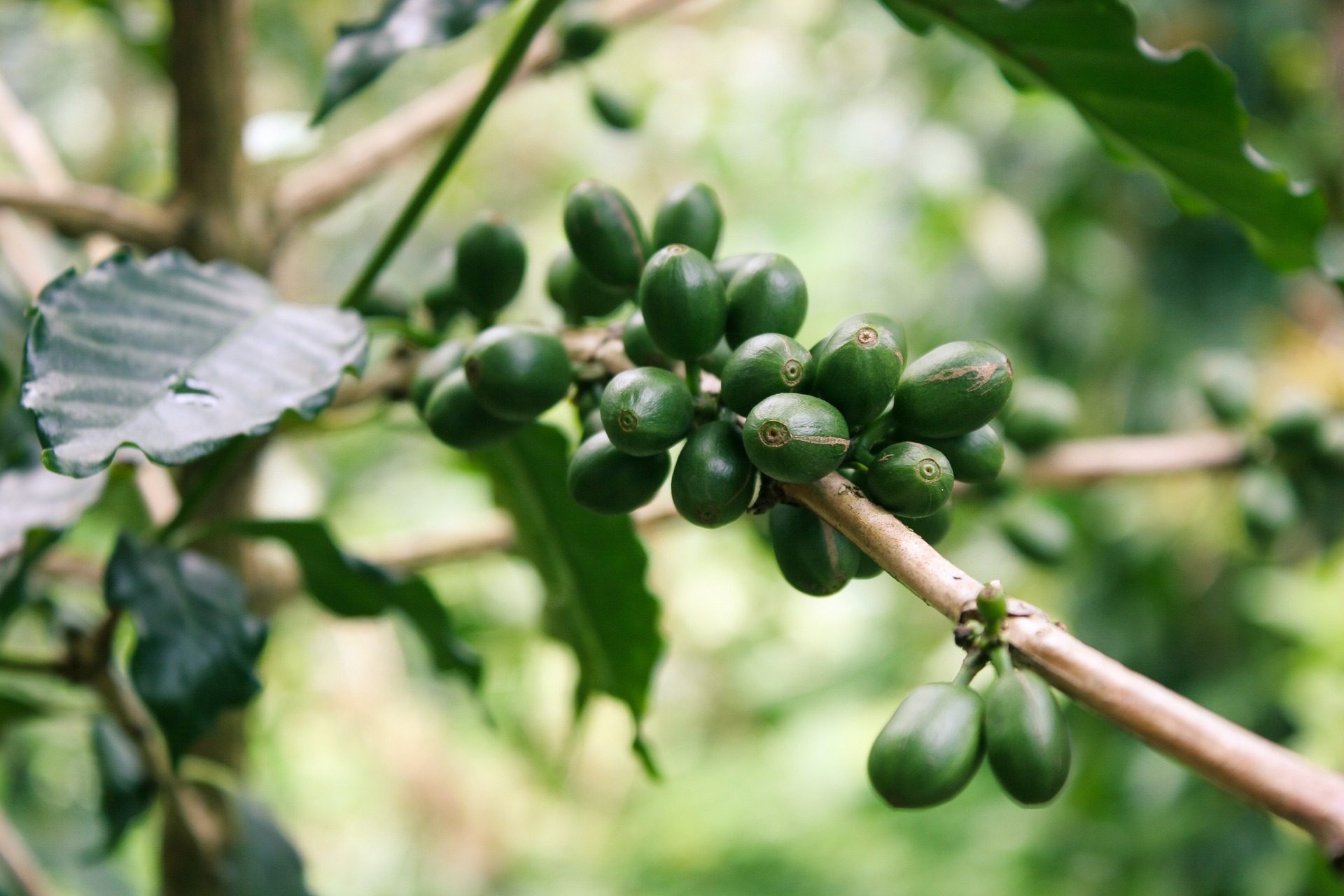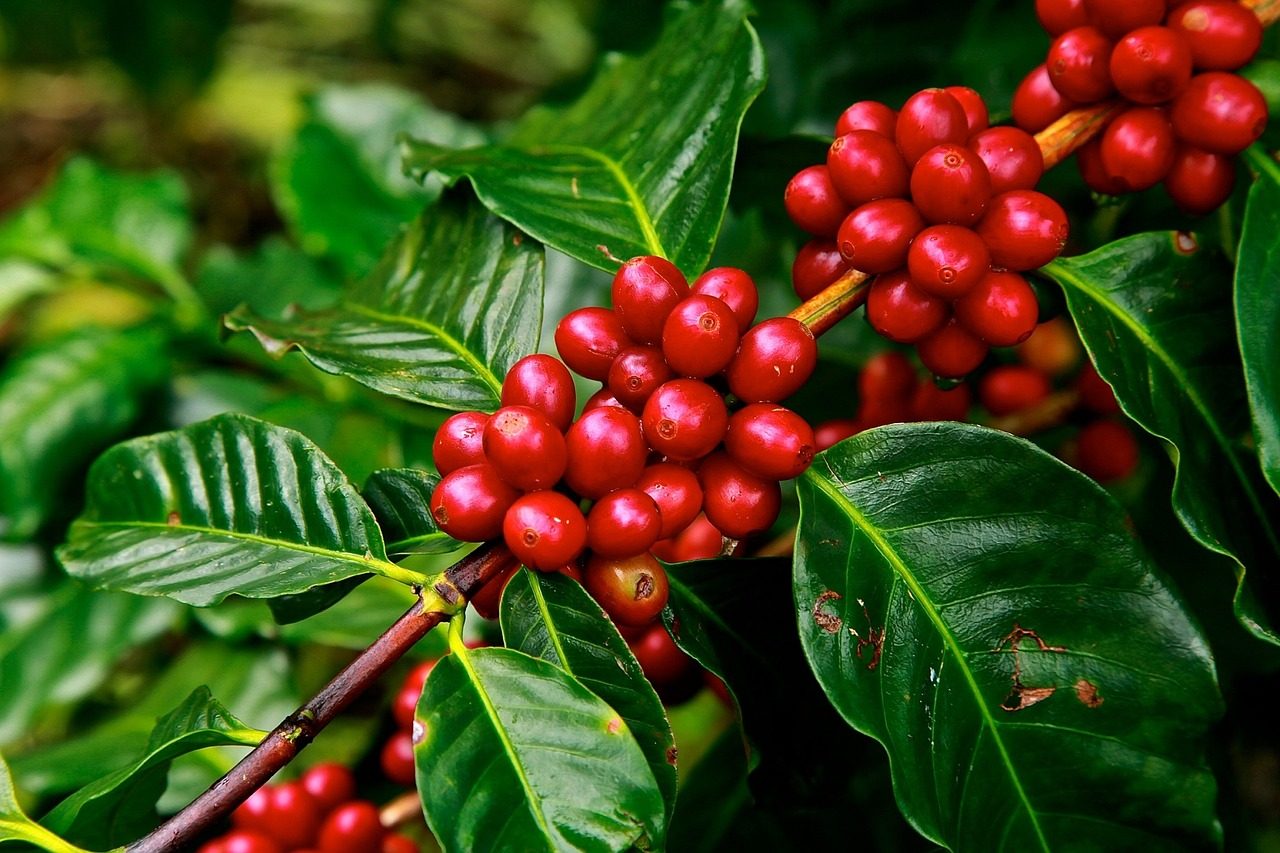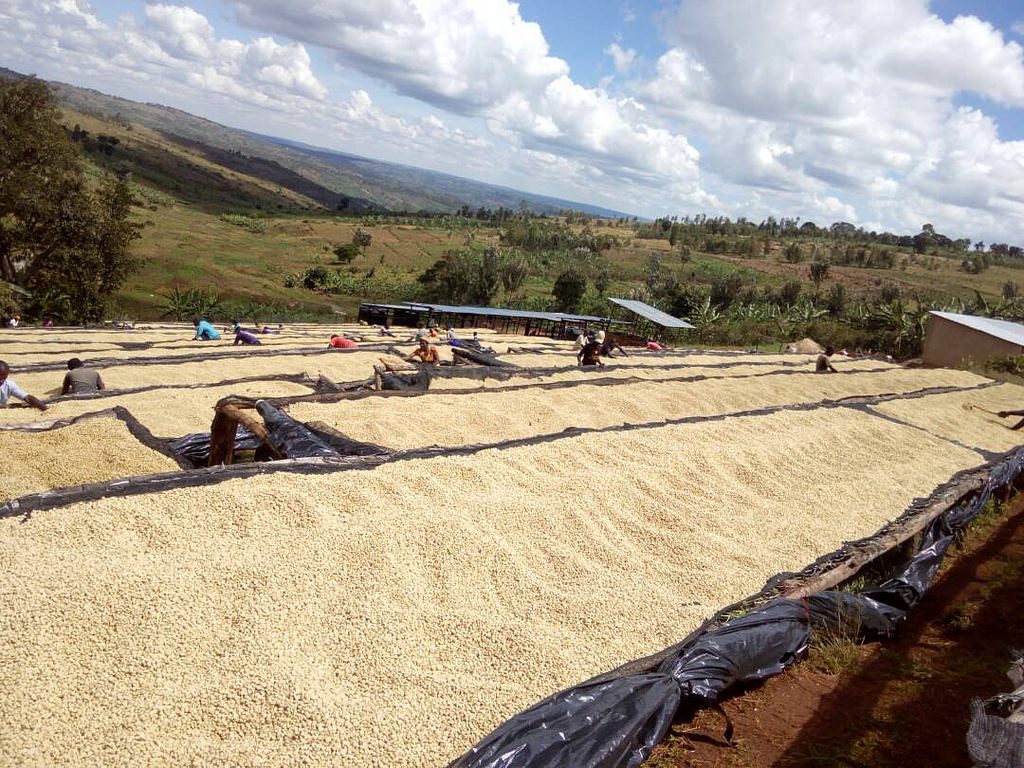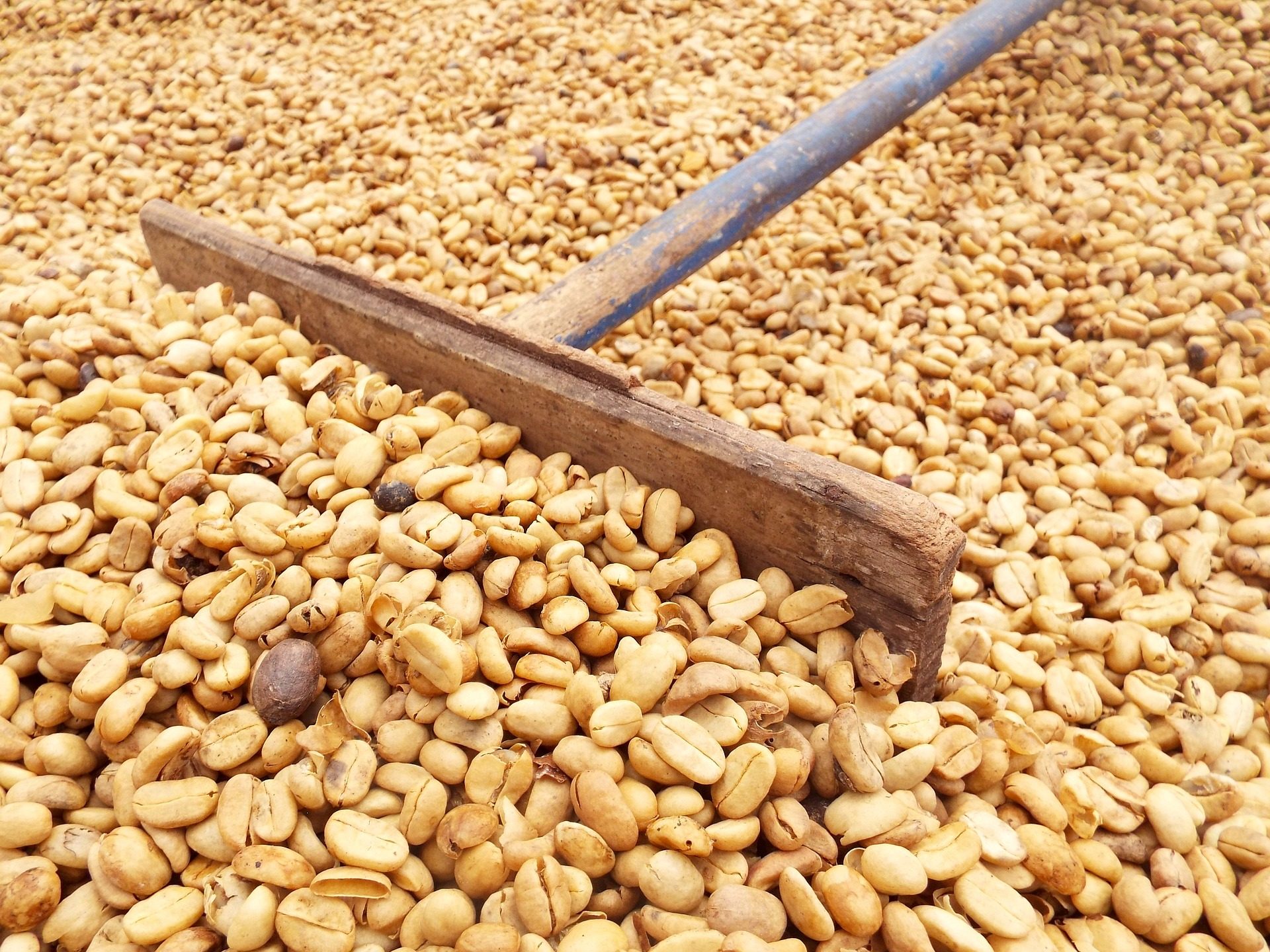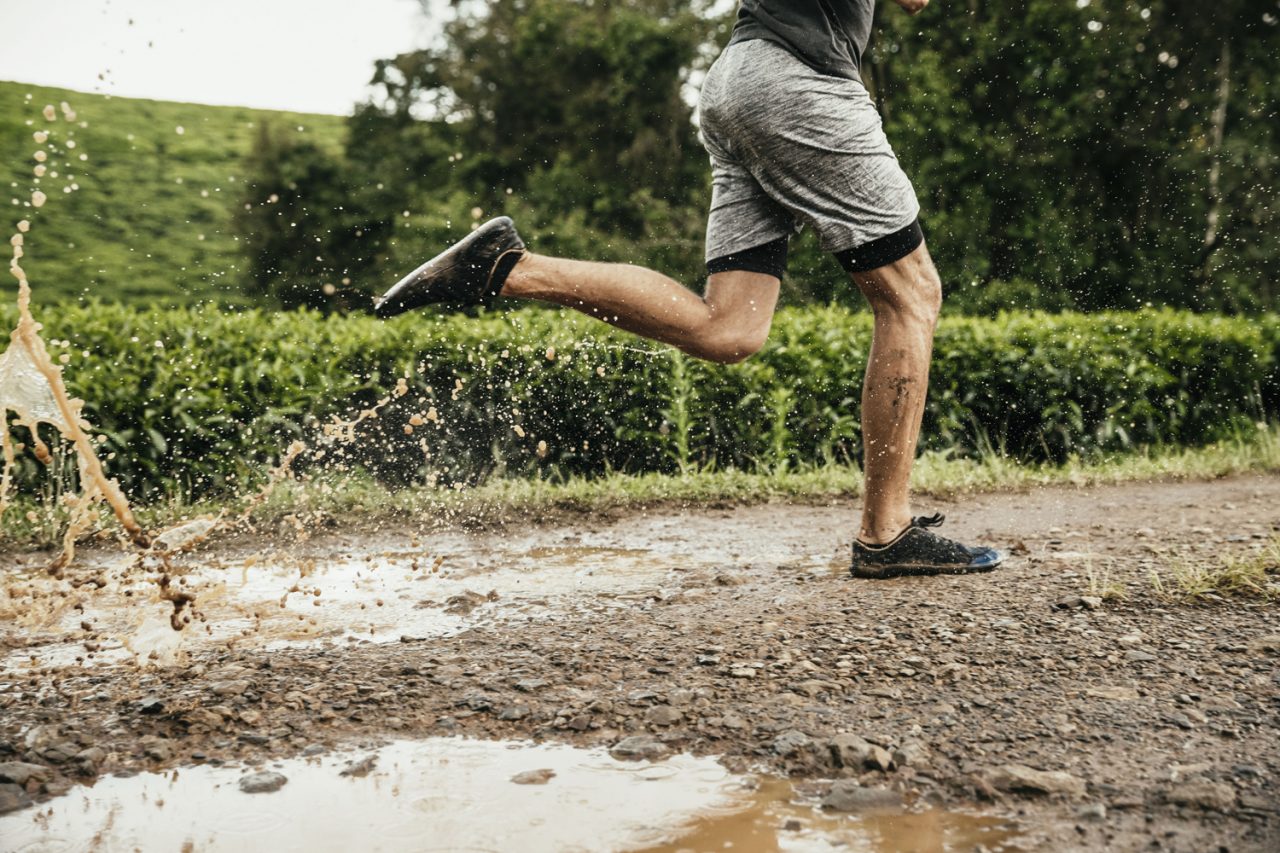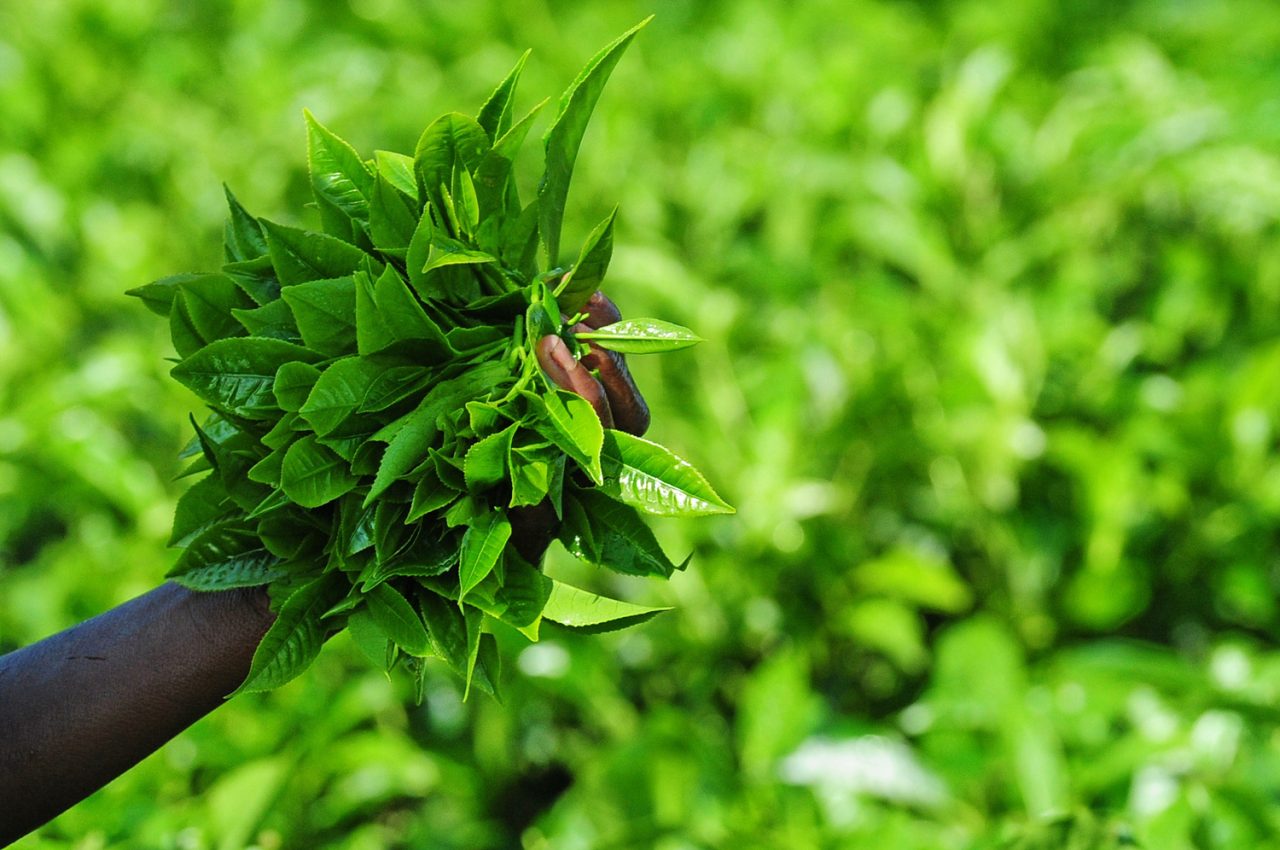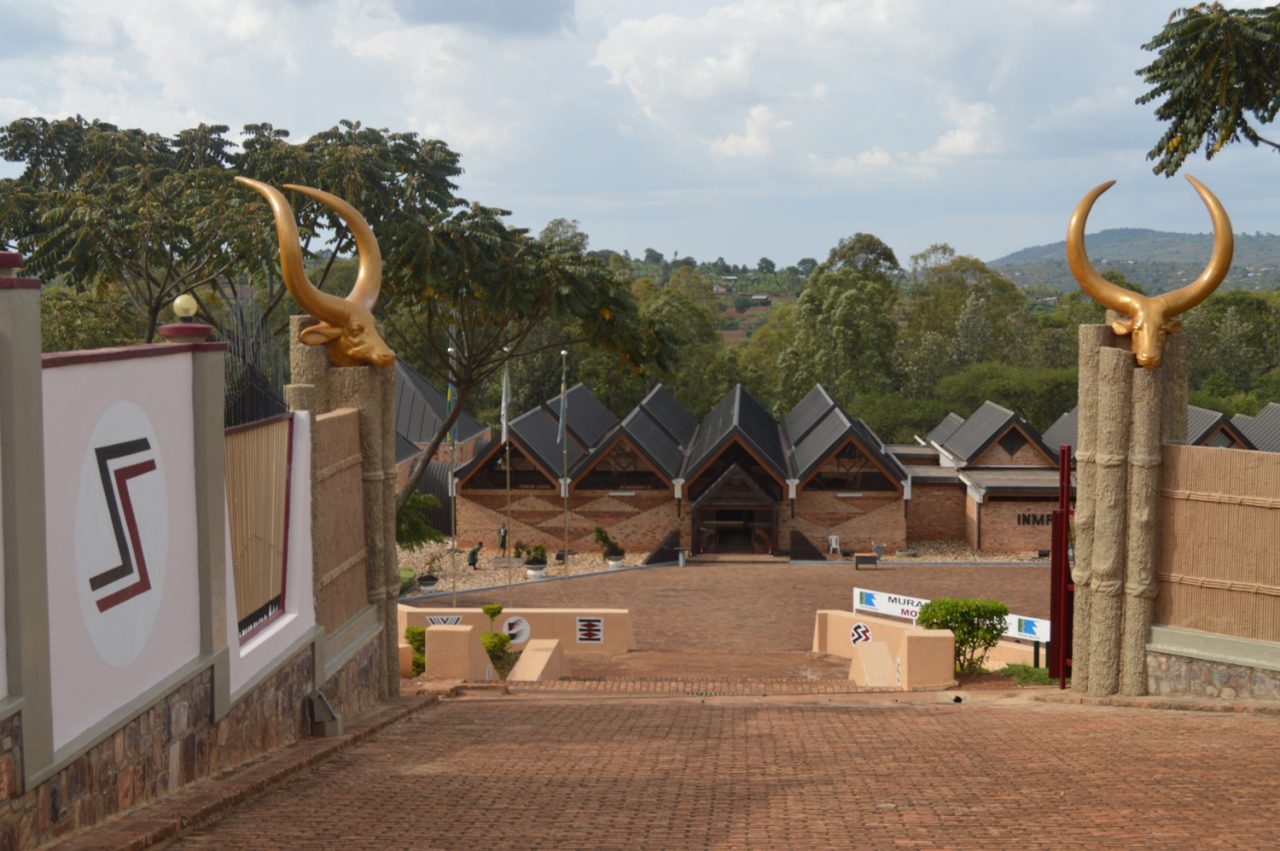Coffee
Since the introduction of coffee trees to Rwanda by missionaries in 1904, coffee has progressed to become one of the country’s largest cash crops. About 95% of beans are the high quality Arabica varietal Bourbon, with a silky creamy body and hints of lemon and orange blossom, and caramel in the aftertaste.
A patchwork of 450,000 small growers produce coffee all across Rwanda, but visits are primarily centred around Gisenyi, near the shores of Lake Kivu. Some farmers’ cooperatives and washing stations offer tours explaining the coffee process through the year.
The coffee-covered hillsides shimmer green throughout the year, with the coffee cherries turning a deep cranberry red when the harvest is ready, usually between February and May.
Once collected, the beans are taken to washing stations, where they are sorted by hand, pulped, fermented and graded. They are then dried in the sun on raised screens before finally being taken for milling.
Most of the milling takes place centrally in Kigali, so the most atmospheric tours are at the plantations and washing stations:
Kinunu Washing Station
Directly overlooking the shores of Lake Kivu, about 20km south of Gisenyi, Kinunu is among the most popular destinations for coffee tours thanks to its beautiful vistas.
Kinunu buys coffee cherries from hundreds of farmers who live and grow coffee near the washing station, with plots typically less than a quarter of a hectare. It also has partnerships with several local cooperatives and farmers’ associations.
Reachable by boat or bicycle, Kinunu makes a fabulous day trip from Gisenyi, and can be easily combined with a hike or cycle on the Congo Nile Trail.
Ingoboka
Based near the village of Kayove on the route between Gisenyi and Karongi, the Ingoboka Collective operates several plantations and washing stations in the area, including a marvellously scenic cluster of farms on Nyamirundi Island, which are reachable by a short paddle over from the mainland and produce an Arabica that’s renowned by connoisseurs the world over.
For a deeper insight, KZ Noir distributes coffee from a variety of cooperatives and farms throughout the country. Visitors with a special interest can, with a bit of planning, arrange visits to any of their washing stations. For casual visitors, it’s hard to top Kinunu for scenery.
KZ Noir has three other stations on the northern lakeshore, including Cyebumba, Nkora, and Rugamba. South of Karongi are Shangi, Cyivugiza, and Cyiya. Nearer the capital, the Buliza Washing Station is between Kigali and Gicumbi.
Good to know
